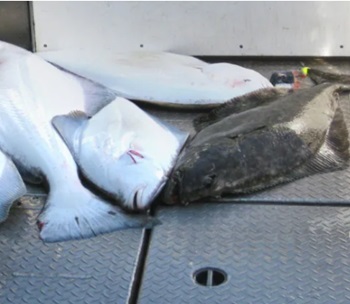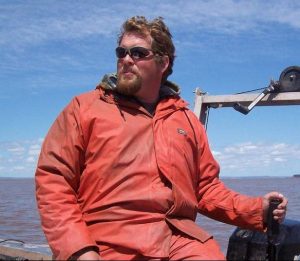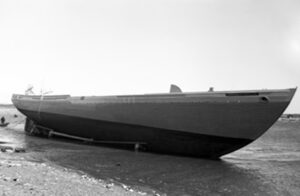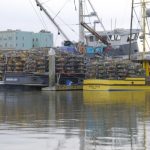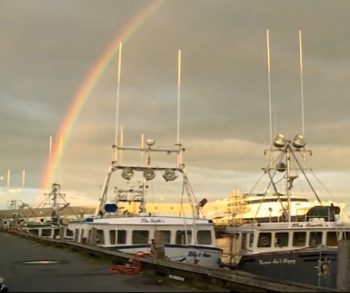Tag Archives: Bedford Institute of Oceanography
DFO scientist amazed by ‘extreme’ ocean temperatures

 A federal scientist based in Nova Scotia says ocean temperatures off the East Coast of Canada were about two to four degrees above normal in 2012, setting record highs. “On average, it’s probably three to five times the normal variability. So it’s quite extreme,” said Dave Hebert, a Canadian scientist at the Bedford Institute of Oceanography in Halifax. continued
A federal scientist based in Nova Scotia says ocean temperatures off the East Coast of Canada were about two to four degrees above normal in 2012, setting record highs. “On average, it’s probably three to five times the normal variability. So it’s quite extreme,” said Dave Hebert, a Canadian scientist at the Bedford Institute of Oceanography in Halifax. continued






